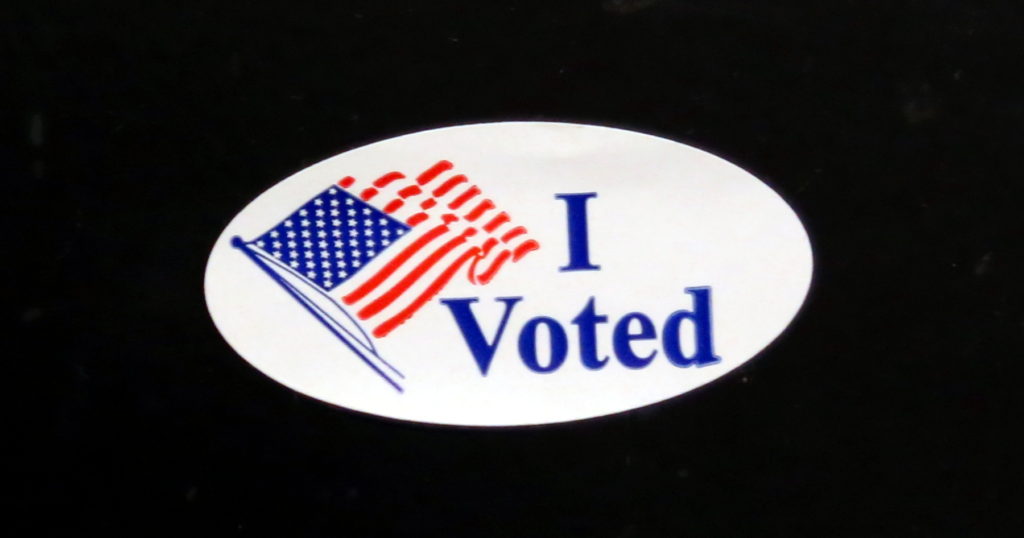Texas is an open primary state. That means there is no official party registration and voters can choose which party’s primary they want to vote in. You can only vote in one, and if you vote in one party’s primary you cannot vote in the other party’s run-off elections nor participate in their convention. But for each election cycle, you can vote in either the Democratic or the Republican primary, and then vote in the other party’s primary in the next cycle.
No Democrat has won a state-wide election in Texas since 1994. So the best way for moderates and liberals to influence who holds major offices is to vote in the Republican primary.
Last Sunday I spent an hour with a sample ballot, researching every contested race in the Republican primary, down to Constable and Justice of the Peace. And then on Tuesday I voted during early voting.
I voted for some really bad people – because their opponents were even worse. I’ll be voting for Democrats in November (who as a group are less evil, but still far from good), but I’m not confident they’ll win.
If you do this, beware of voting for “weaker” candidates to give your preferred party an easier race. Because sometimes, a weaker candidate ends up winning the general election – as with Trump in 2016.
In our current environment, it’s not enough to vote for the better candidates in the general election. We need to vote in the primaries, and we need to cast informed votes for every race – there are no insignificant public offices.
And sometimes – if we can – we need to cross over and vote in a different party’s primary. Given a choice of evils, choose the lesser.
Election Day is next Tuesday, March 1. We’ll see how things turn out.
For a list of the various primary arrangements and which states use which ones, see this page from the National Conference of State Legislatures.
This isn’t just for Americans
About 25% of UTAO subscribers live somewhere other than the United States. Almost all of you live in places that have free elections, more or less. So while the specifics of the section above applies to the United States (and what I did is only possible in some parts of the United States) the core message is relevant for everyone.
Vote in every election. Make informed choices in every race. Contribute to candidates and parties that support your values, to the extent you can.
If you can do more, then do more. Politics will always disappoint us, and it often ties us up in frustration. That’s something I’ve got to work on in my own life. But in most places, it costs little to be an engaged citizen.
And if enough people do it, it can pay off.
This was the lead item in today’s Under the Ancient Oaks Newsletter. See this page to subscribe. It’s free and I won’t spam you or sell your e-mail.
